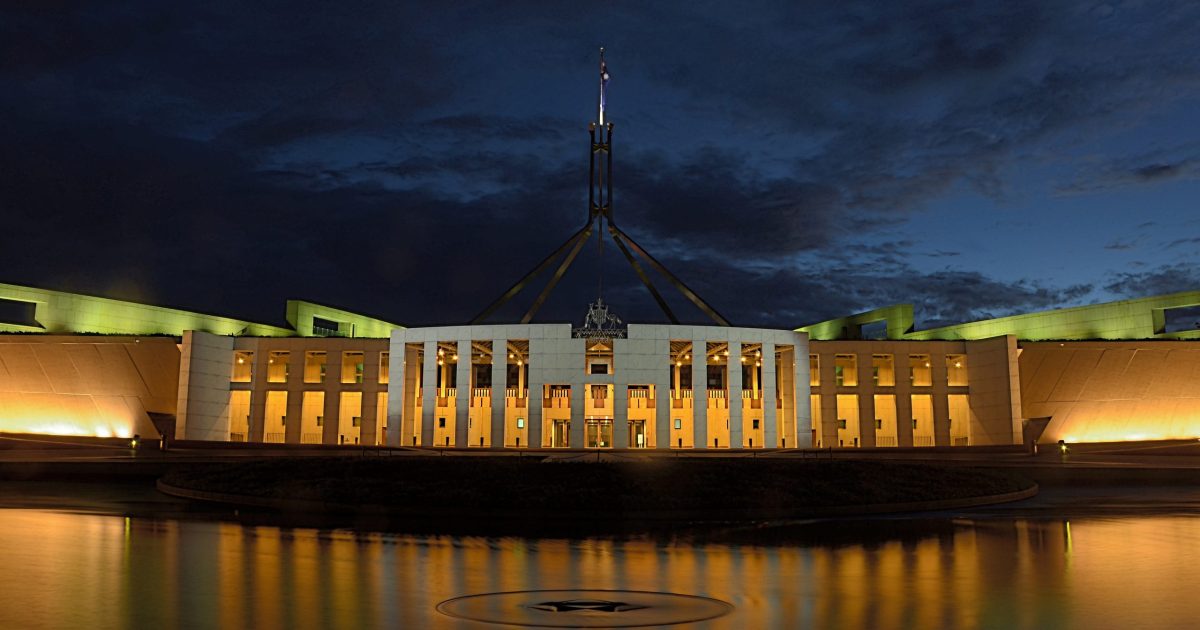This year’s Federal Budget focused on spending to boost economic recovery after Covid-19, with no significant new tax measures introduced. Instead, the emphasis was on deferring the conclusion of existing programmes, which can have significant implications. Here, we have compiled a list of key highlights that we believe will be particularly relevant to our clients, including accountants in Sydney.
Low and Middle Income Tax Offset (LMITO)
The LMITO of up to $1,080 was implemented last year and was due to be removed at the end of the current financial year but will now be retained until the end of the 2021-22 financial year. The benefit depends on each individual’s taxable income, with a maximum of $1,080 for those earning between $48,000 and $90,000.
Employee Share Schemes (ESS)
ESS’s have become more prevalent in recent years. One of the benefits that an ESS can provide to an employee is a deferral of tax on the discount that they receive when equity is granted to them until specific criteria are met. One of those criteria is “cessation of employment”. In other words, if an employee leaves a job and, at the time of leaving, they hold an ESS interest in their employer, they would be subject to tax on the discount at that time.
This often means tax is payable before the employee can convert their ESS interest to cash. The Budget announcement proposes to remove “cessation of employment” as a trigger for taxation under the ESS rules. This change is proposed to commence from 1 July following the Royal Assent of the enabling legislation (which will likely be from 1 July 2022).
Temporary Full Expensing
Measures introduced in October 2020 and discussed in our newsletter at the time to allow businesses with an aggregated annual turnover of less than $5 billion to fully expense eligible assets regardless of their cost were due to expire at the end of the 2022 financial year. This measure has been extended and applies to assets first used and installed by 30 June 2023.
Loss Carry Back
The loss carry-back rules were also announced in October 2020 and have been previously discussed here. The scheme has now been extended to allow company losses until 30 June 2023 to be carried back to profits in the 2019, 2020 and 2021 financial years.
SME Recovery Loan Scheme
While not a tax measure, the SME Recovery Loan Scheme may be of interest to businesses that need some support to qualify for finance. Under the scheme, the Government will guarantee 80% of a bank loan of up to $5 million to a business with turnover of up to $250 million that either received JobKeeper from 4 January 2021 or was impacted by the NSW floods during March 2021. Other requirements include a maximum interest rate of 7.5% and a maximum term of 10 years.
Self-assessment of practical lives for Intangibles
It is proposed that from 1 July 2023, businesses will be able to self-assess the practical life of eligible intangible depreciating assets, such as patents, registered designs, copyrights, and in-house software, rather than being required to use the statutory practical life.
International Tax
Tax Residency of Trusts and Corporate Limited Partnerships
In the October 2020 Budget, an amendment was proposed to the corporate residency test, which would treat a company that is incorporated offshore as an Australian resident for tax purposes if it has a “significant economic connection to Australia”. This requires that:
- Core commercial activities are undertaken in Australia; and
- Central management and control in Australia.
The Government has now announced that it will consult on broadening these amendments to extend to trusts and corporate limited partnerships.
New individual residency test
In our international newsletter of September 2018, we discussed a Board of Taxation review of the tax residency rules for individuals. The Government has now announced that it will adopt the Board’s recommendations.
Once implemented, it is expected that the new simplified individual residence test will comprise the following:
- A bright line test (183+ days presence); and,
- A secondary test considers factors such as the individual’s rights to reside permanently, Australian accommodation, Australian family and Australian economic connections.
Introduction of ATO early engagement service
The Government has announced that the Australian Taxation Office (ATO) will introduce a new early engagement service to encourage and support new foreign business investments into Australia. The aim of the service is to provide foreign investors with some assurance and support with Australian tax law and obligations.
The service is intended to integrate with tax aspects of the FIRB approval process so that information is not required to be provided more than once. It is also intended that the early engagement service will incorporate expedited private binding rulings and advance pricing agreements.
The ATO anticipate the service being available to eligible investors from 1 July 2021.
If you have any queries in relation to the budget measures mentioned above, please do not hesitate to reach out and contact us.
*Correct as of 26 May 2021
Disclaimer – Kreston Stanley Williamson has produced this article to serve its clients and associates. The information contained in the article is of general comment only and is not intended to be advice on any particular matter. Before acting on any areas in this article, you must seek advice about your circumstances. Liability is limited by a scheme approved under professional standards legislation.














